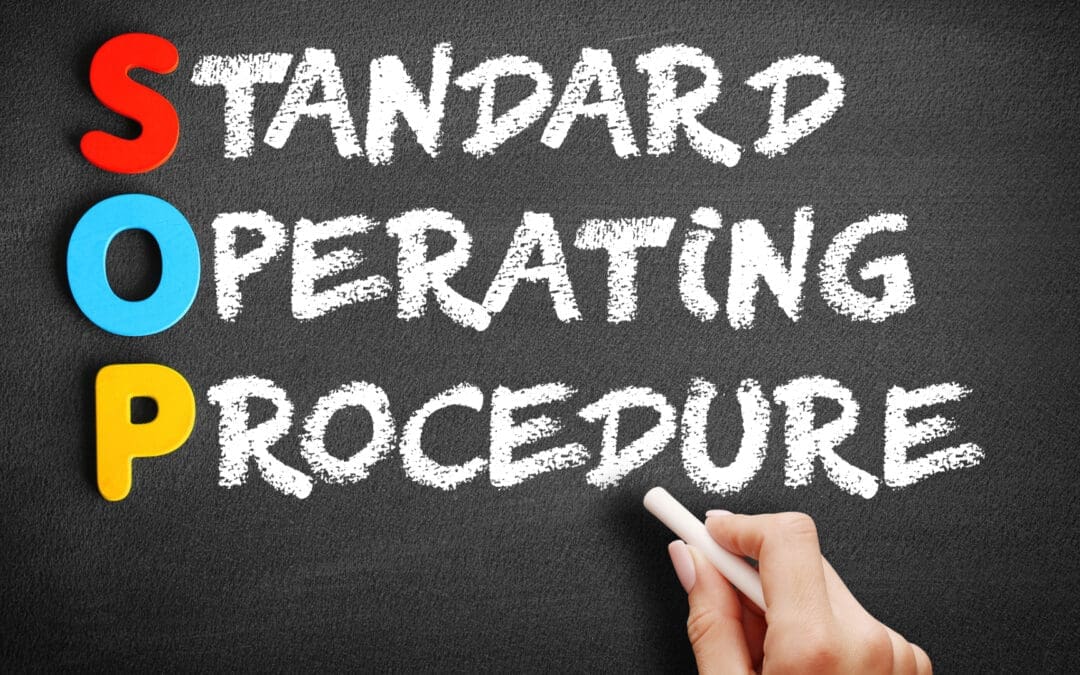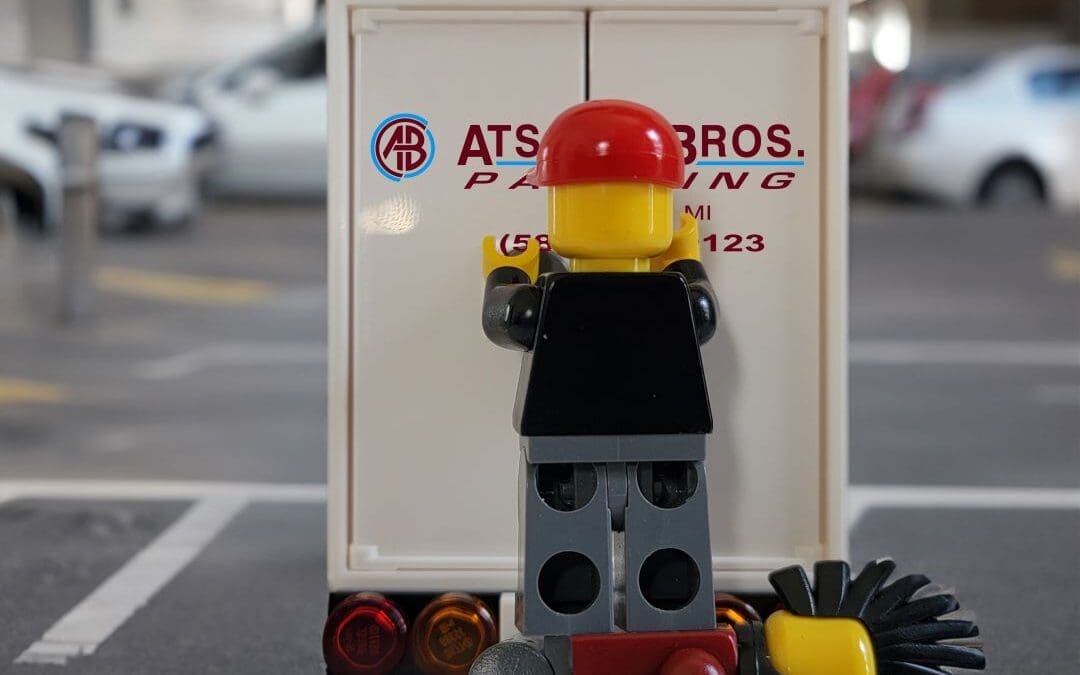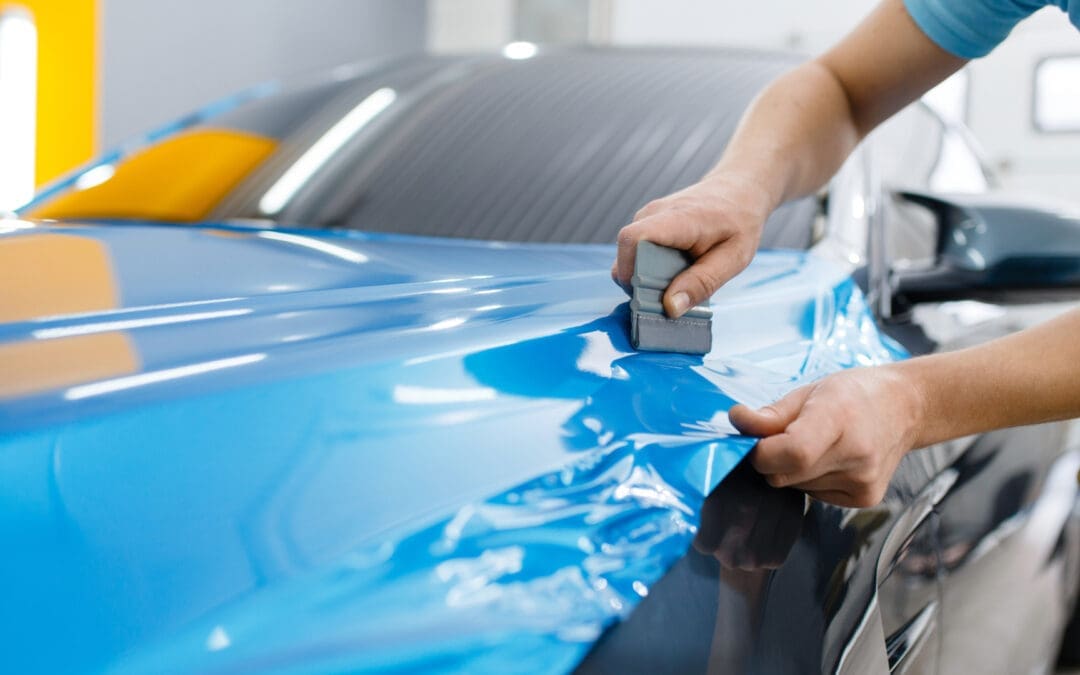Hey there, Atarah here, bringing you some nuggets of wisdom from our recent team pow-wow at Fusion Marketing.
If you’ve ever dabbled in the world of vinyl wraps, you know there’s more to it than just slapping on a sticker and calling it a day. Luckily, you have the Fusion team on you’re side!
Today, we’re diving into the not-so-glamorous side of things: the risks of vinyl removal.

The Importance of Proper Vinyl Removal
First and foremost, let’s touch on why proper vinyl removal is crucial.
As with any project, it’s important to do things the right way if you want to achieve the best results. This rings especially true for vinyl removal.
When done incorrectly, vinyl removal can result in damage to the surface underneath or leave behind stubborn adhesive residue. This not only creates more work for you but also potentially costly repairs. By taking the time to properly remove vinyl, you’ll save yourself time, money, and a hell of a headache in the long run.
When to Seek Professional Help
If you’re feeling overwhelmed or unsure about removing vinyl yourself, don’t hesitate to seek professional help. While there are many tutorials and guides available, sometimes it’s best to leave it to the experts. We have the tools, experience, and knowledge to safely remove vinyl without causing any damage.
Now, onto the good stuff!
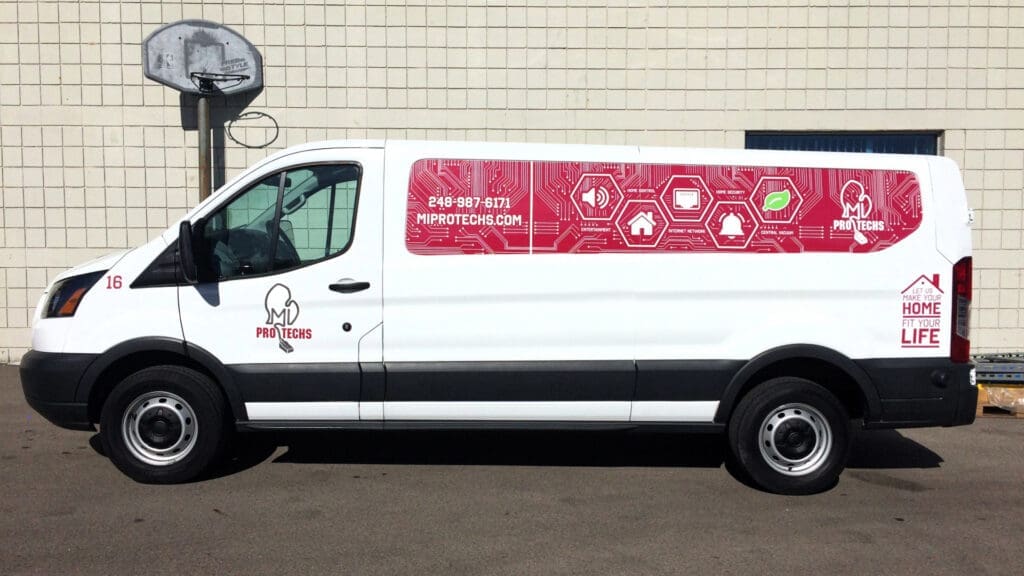
Tips From Our Team
At Fusion, our department leads have weekly meetings, and they often involve insightful tips and tricks on how to navigate the different aspects of marketing. In case you weren’t informed, we’re all about bringing together the best talents to provide top-notch services.
Our fearless leader, John, serves as the CEO, steering the company with his strategic vision and passion for innovation. As for me, Atarah, I’m the Writer and SEO Expert dedicated to crafting compelling narratives and optimizing our content for peak visibility. Bringing creative flair to every project, Mark is our talented Graphic Designer, creating visually stunning elements that catch the eye and engage audiences. Lastly, Shay is our Web Designer, with an eye for design excellence and a proficiency in creating seamless, user-friendly websites. Together, we’re committed to delivering results that exceed expectations.
Here are some tidbits from our most recent team pow-wow!
Paint Damage: The Elephant in the Room
First, let’s tackle the common myth that vinyl wraps will inevitably ruin your car’s paint. Mark, put it like this:
“It’s not the vinyl itself that ruins the paint; it’s all about the condition of the paint and how you care for the wrap.”
If your vehicle’s paint isn’t top-notch to begin with—think quickie jobs at budget paint shops like Mako—then yes, there’s a chance that the paint might come off with the vinyl. But if the paint is solid, and you’re not parking your car in the Sahara sun 24/7, you should be in the clear.
The Waiting Game: Patience is a Virtue
Proper timing is essential when dealing with vinyl wraps, particularly regarding fresh paint. As Mark pointed out during our discussion,
“When we do our wall graphics, the rule of thumb is that we have to wait X number of weeks (depending on the paint) for the paint to cure before we even put vinyl on the wall. If we don’t, it will pull the paint right off the wall. Or the vinyl won’t stay. The whole installation will be a disaster.”
This patience in the initial stages substantially minimizes risks and ensures the longevity and quality of the vinyl installation. Failure to heed this can result in a disaster that is not worth navigating, turning what could be a straightforward process into a rather costly mistake.
The Mysterious Case of Outgassing
Let’s talk about something you might not have considered—outgassing.
Yeah, it sounds like something from a sci-fi movie, but it’s a real thing.
Our CEO, John, explained that when you paint a wall, it emits fumes as it dries, a process known as outgassing. If you cover freshly painted surfaces with vinyl, those gases can create bubbles in the vinyl.
This nugget of knowledge underscores why it’s key to let fresh paint cure fully before jumping into a vinyl wrap application. Jump the gun, and you invite those trapped gases to mar your perfect wrap with bubbles and blemishes.
We strongly urge letting new paint breathe and settle—giving it time to fully outgas—before we get to work. It might take a little patience, but you’ll be dodging those pesky imperfections and saves you from some vinyl blunders down the road.
The same goes for printed vinyl with solvent-based inks; they need time to release these gases before they’re safe to laminate. Modern inks like latex and LED-curable inks that sidestep this issue, allowing for quicker laminating without the bubble drama.
Leave it to the Pros
Here’s a golden nugget from Mark:
“When removing vinyl, always (and I mean always) go pro. I know the DIY spirit is strong, but trust us, having it professionally removed can save you from a world of trouble.”
He emphasized that pros have the right tools to manage the glue residue and, more importantly, they shoulder the liability. So, unless you fancy a battle with stubborn adhesive or potential paint mishaps, let the experts handle it.
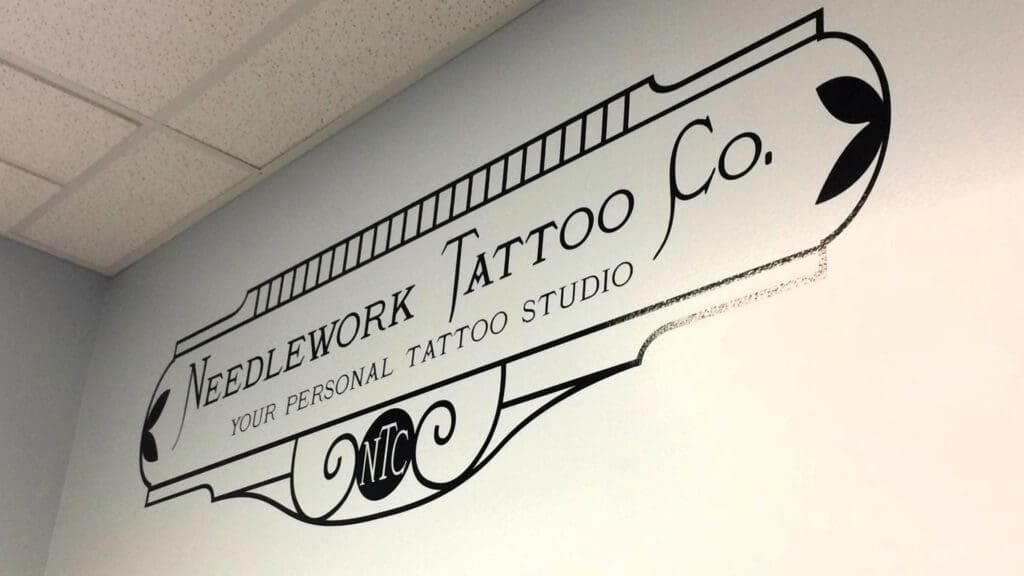
Wrapping It Up
So there you have it, folks! Whether you’re a vinyl veteran or a newbie, understanding these risks can help you make informed decisions. Remember, vinyl wraps can be a fantastic way to customize and protect your vehicle, but they do require some TLC—especially when it’s time for a change.
Stay savvy, and as always, if you have any questions or need professional help, the Fusion Marketing team is just a call away.
Happy wrapping!
